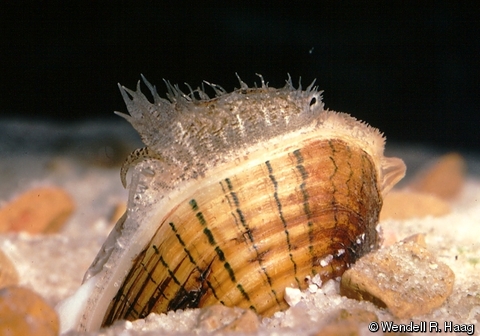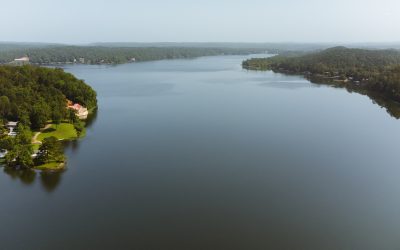Alabama’s eight Waterkeeper Alliance member organizations submitted a letter to the Alabama Department of Environmental Management and the Environmental Protection Agency today observing that ADEM recently noticed seven sewer plant permits (click for map) for public comment that do not comply with new regulations. In December 2016, the Alabama Environmental Management Commission, which oversees ADEM, tightened water quality standards on E. coli bacteria and expanded the length of the recreational season. Those changes, approved unanimously by the Commission, take effect Friday, February 3.
“ADEM, whether intentionally or not, has put forward over a half-dozen permits that will not comply with the regulations that ADEM themselves recommended to the Environmental Management Commission. Today, we are asking ADEM to make changes to these permits to protect the health of people that recreate in streams like Choccolocco Creek,” said Frank Chitwood, the Staff Riverkeeper at Coosa Riverkeeper, Inc.
On January 11, ADEM submitted seven sewer plant permits to the public for comment, including some in Anniston, Mountain Brook, Piedmont and Blount County, among others. These permits, allowing the discharge of pollution to Alabama waters, were based on old regulations. Because the public comment period lasts thirty days, ADEM will be unable to finalize the permits before the new regulations take effect on February 3. As such, the Waterkeepers argue, these permits, and all others going forward, must be changed to comply with the new regulations.
To comply with the new regulations, these permits will need to require lower E. coli limits for more months. Many of these permits previously required E. coli levels to remain below 487 col/100mL at any given time from June through September. The Waterkeepers informed ADEM that they will challenge any of the permits unless they are modified to require E. coli levels to remain below 298 col/100mL at any given time from May through October, in accordance with the new regulations.
The Waterkeeper Alliance members signing the letter include Black Warrior Riverkeeper, Cahaba Riverkeeper, Choctawhatchee Riverkeeper, Coosa Riverkeeper, Hurricane Creekkeeper, Little River Waterkeeper, Mobile Baykeeper, and Tennessee Riverkeeper.




